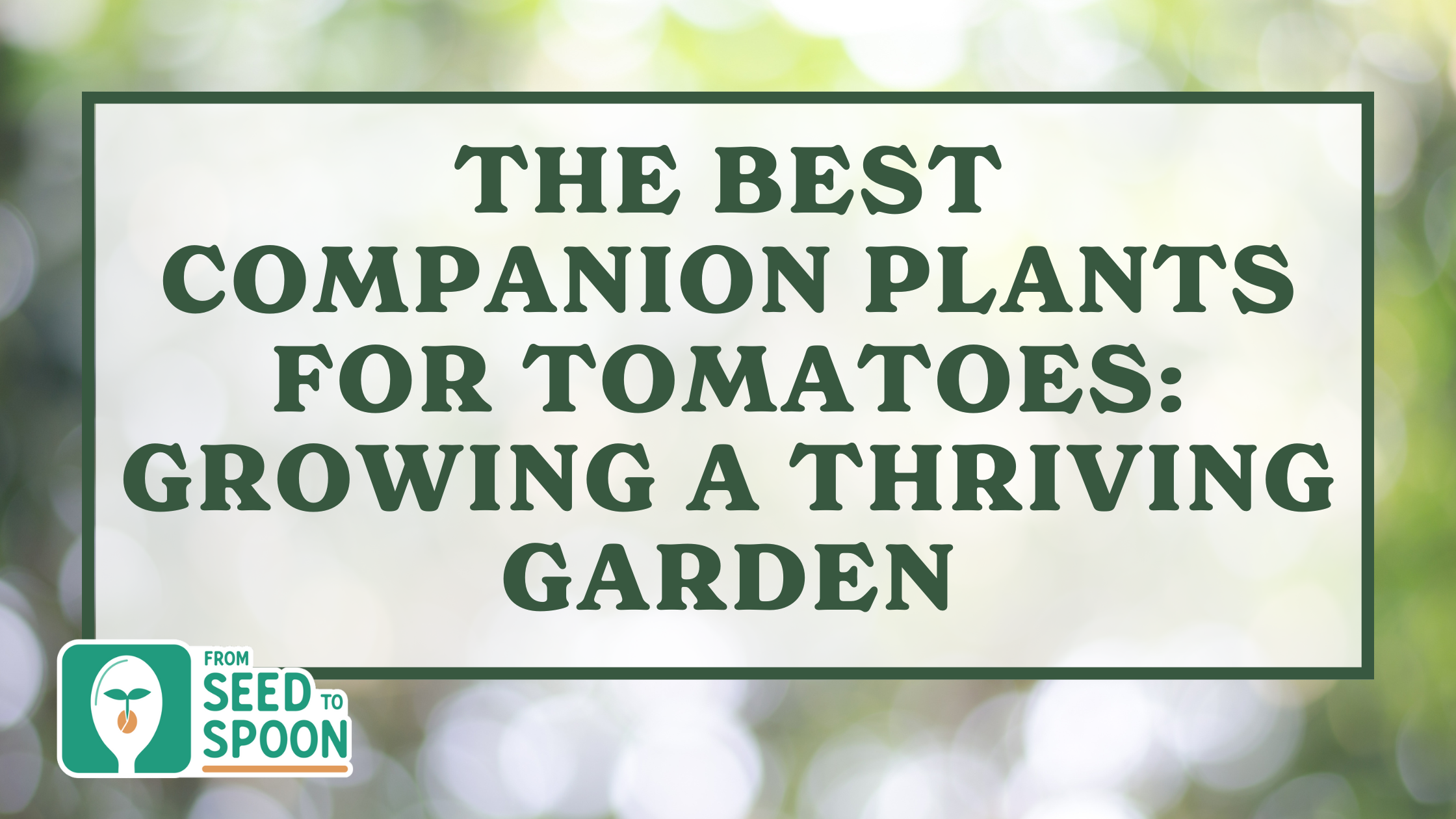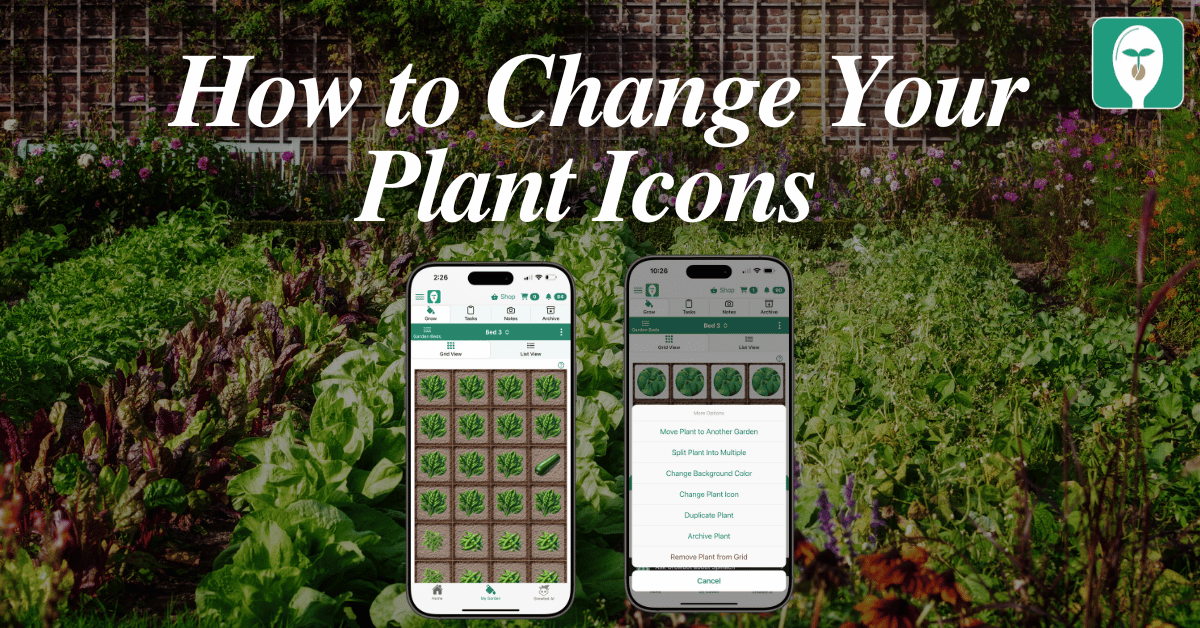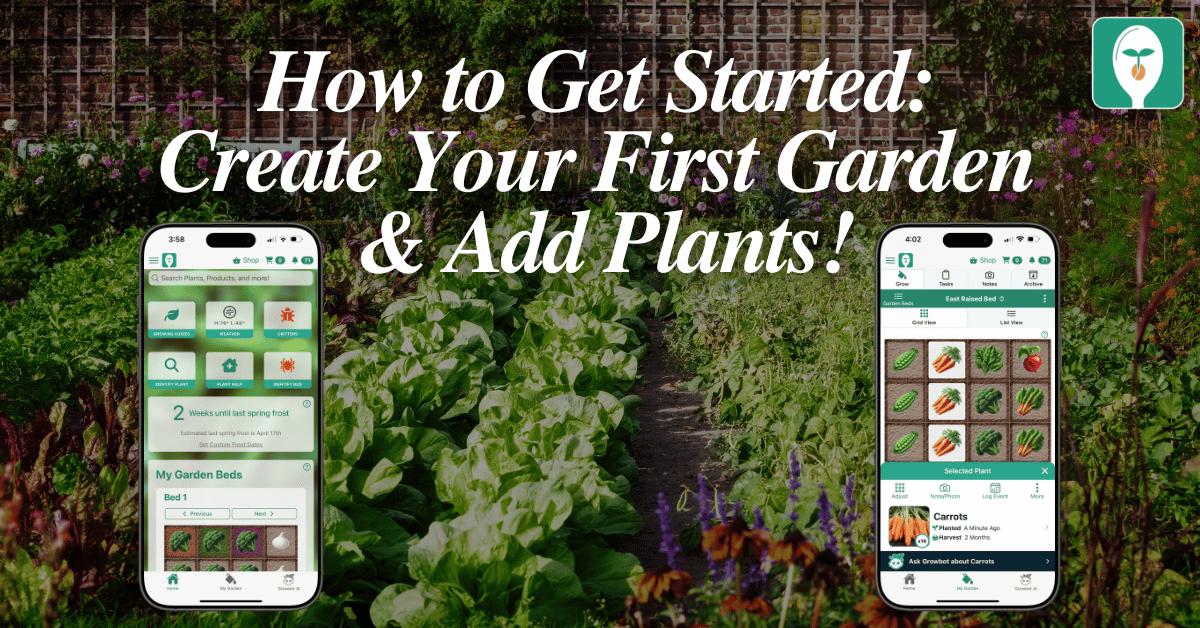Tomatoes are a staple in many home gardens, prized for their versatility and rich flavor. But did you know that the success of your tomato plants can be significantly enhanced by the company they keep? Companion planting is a time-honored gardening technique that leverages the natural relationships between plants to create a flourishing garden ecosystem. Today, let’s dive into the best companion plants for tomatoes and explore how they can help your tomatoes thrive.
- Basil: The Aromatic Ally
Basil is more than just a culinary favorite – it’s a fantastic neighbor for tomatoes. This fragrant herb is believed to improve the flavor of tomatoes when grown nearby. Additionally, basil helps repel pests like mosquitoes and aphids, providing a natural form of pest control for your tomato plants. - Marigolds: The Colorful Protector
Marigolds are not only beautiful but also incredibly beneficial for tomato plants. They are known for repelling nematodes, tiny soil-dwelling pests that can harm tomato roots. Planting marigolds around your tomatoes creates a protective barrier, safeguarding your plants from these underground threats. - Carrots: The Underground Companion
Carrots and tomatoes make excellent garden companions. The deep-growing carrots help to loosen and aerate the soil, which benefits the tomato roots. This symbiotic relationship allows both plants to absorb nutrients more efficiently, leading to healthier growth. - Lettuce: The Cool Companion
Lettuce, with its shallow roots, is an ideal companion for tomatoes. It grows well in the partial shade provided by tomato plants, and its presence helps to maintain soil moisture and reduce weed growth. This pairing maximizes garden space and creates a diverse harvest. - Garlic: The Pungent Protector
Garlic is known for its strong scent, which is effective in repelling pests like spider mites and aphids that can plague tomato plants. Planting garlic around your tomatoes can serve as a natural deterrent, keeping your plants safe from these common garden pests. - Nasturtiums: The Luring Blossom
Nasturtiums are not only vibrant and attractive but also serve a vital role in companion planting with tomatoes. They act as a ‘trap crop,’ attracting pests like aphids away from your tomato plants. This diversion tactic can significantly reduce pest infestations.
Companion planting is an organic, sustainable way to enhance the health and yield of your tomato plants. By choosing the right plant companions, you can create a harmonious garden that is both productive and pest-resistant.
For more detailed guidance on companion planting, specific varieties to choose, and tailored gardening tips, don’t forget to download our From Seed to Spoon mobile app. It’s a comprehensive resource that will walk you through every step of your gardening journey, from seed selection to harvest.

Carrie Spoonemore, co-founder of “From Seed to Spoon,” stands as a beacon of inspiration for gardeners and health enthusiasts alike. Her journey alongside her husband, Dale Spoonemore, in creating a platform that demystifies gardening and promotes a healthier lifestyle, has made a significant impact on individuals around the globe. Through the “From Seed to Spoon” app, Carrie has dedicated herself to empowering people to take control of their health and environment by growing their own food.
With a profound belief in the power of gardening to improve mental and physical health, Carrie’s contributions to the Seed to Spoon blog reflect her holistic approach to wellness. Her articles often focus on the nutritional benefits of homegrown fruits and vegetables, organic gardening practices, and the mental health benefits of spending time in nature. Carrie’s expertise in health science shines through in her detailed discussions on how specific plants can contribute to a balanced diet and overall well-being.
Carrie’s passion for gardening is deeply intertwined with her commitment to family and community wellness. She frequently shares personal stories of how gardening has brought her family closer together, offering practical tips for involving children in gardening activities and making it a fun, educational experience. Her writing encourages families to explore gardening as a means of spending quality time together while learning about nature and sustainability.
In addition to gardening advice, Carrie’s contributions to the blog include insights into the use of technology to enhance the gardening experience. She has played a crucial role in designing the “From Seed to Spoon” app to be user-friendly, ensuring that users of all ages and backgrounds can navigate the complexities of gardening with ease. Her vision for the app is not just as a gardening tool but as a vehicle for change, inspiring individuals to adopt a more sustainable lifestyle by growing their own food.
Carrie Spoonemore’s presence on the blog is marked by her compassionate approach to teaching and her unwavering belief in the transformative power of gardening. Her work continues to inspire a community of gardeners to pursue a healthier, more sustainable way of living, proving that with the right tools and knowledge, anyone can become a gardener and advocate for their health and the planet.







